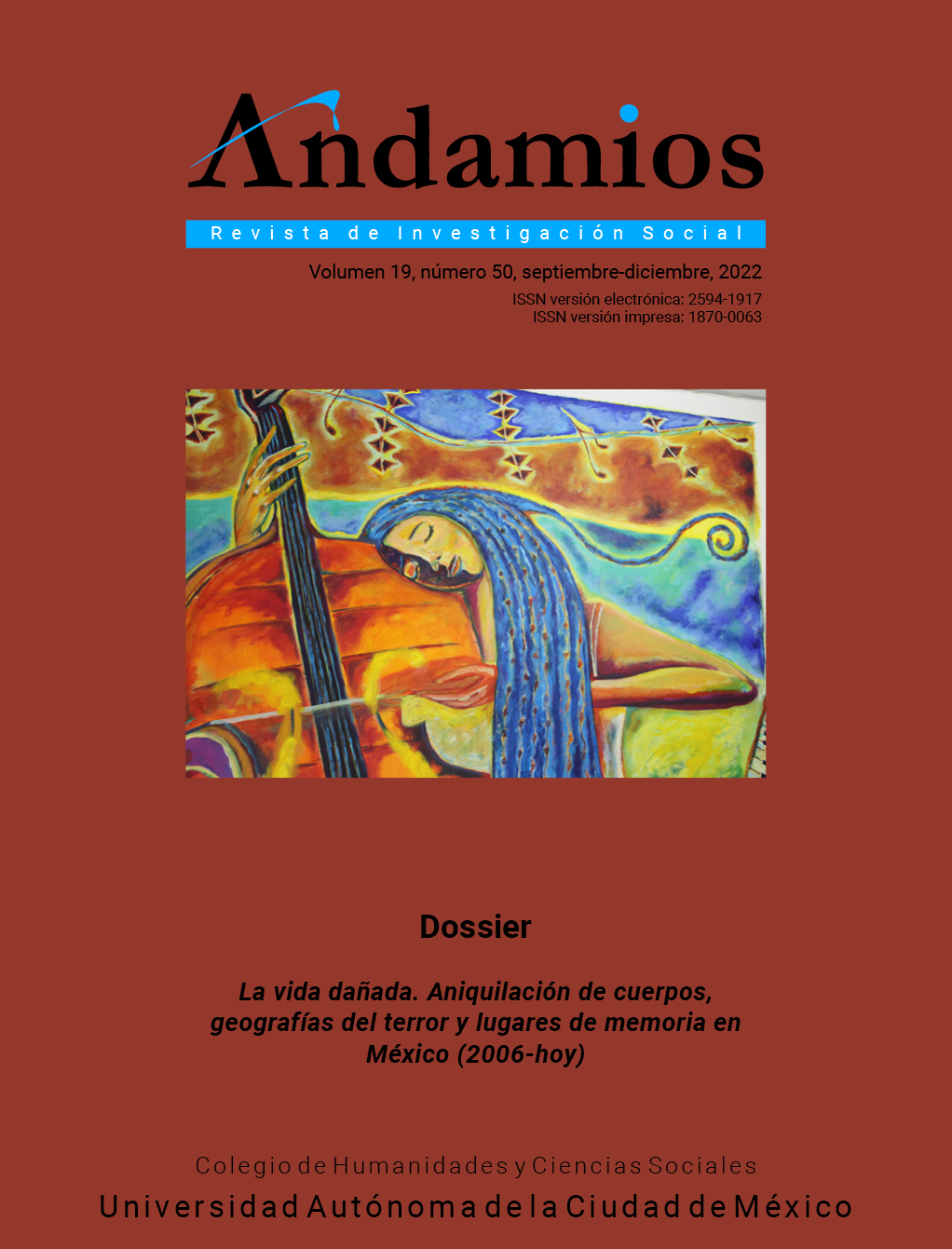La belleza y el capitalismo son incompatibles. Degradación de las artes, empobrecimiento estético y derecho a la belleza en el pensamiento de William Morris
DOI:
https://doi.org/10.29092/uacm.v19i50.987Keywords:
William Morris, industrialismo, capitalismo, arte, bellezaAbstract
En el presente trabajo exploraremos algunos de los aspectos más relevantes del pensamiento de William Morris. Comprobaremos que sus reflexiones sobre el arte están íntimamente conectadas con sus ideas políticas. El Morris diseñador y artista es indisociable del Morris político. Su preocupación por lo social se acentuó con el paso de los años. Fue un declarado enemigo de la civilización industrial, culpándola de haber hecho del mundo un lugar más inhóspito y feo. La explotación de los trabajadores, la destrucción de la naturaleza y la degradación de las artes estaban ocasionadas por una misma lógica económica, intrínsecamente perversa. Consideraba que la miseria social y la miseria estética iban de la mano. Morris fue también un enemigo del elitismo cultural, y planteó en muchas ocasiones lo que nosotros hemos denominado un “derecho a la belleza”.
Downloads
Published
Issue
Section
License
This Journal is licensed under Creative Commons Mexico 2.5. It is allowed to reproduce and disseminate the contents of the Journal for educational or research purposes, not for profit, as long as they are not mutilated and cite the source (Andamios, Revista de Investigación Social) and the author.
The copyright of the articles published in Andamios, Revista de Investigación Social are transferred by the author(s) to Universidad Autónoma de la Ciudad de México when the originals have been accepted, so that they are published and distributed both in the printed and electronic versions of the Journal. However, as established by law, the author(s) retains their moral rights. The author(s) will receive a form of assignment of copyright that they must to sign when their original has been accepted. In the case of collective articles, the signature of one of the authors will suffice, provided that the latter has obtained the consent of the others.
Authors may use the material of their article in other works or books published by themselves, with the condition of quoting Andamios as the original source of the texts.
The articles contained in this publication are the responsibility of their authors and do not compromise the official position of Andamios, Revista de Investigación Social of the Universidad Autónoma de la Ciudad de México.


